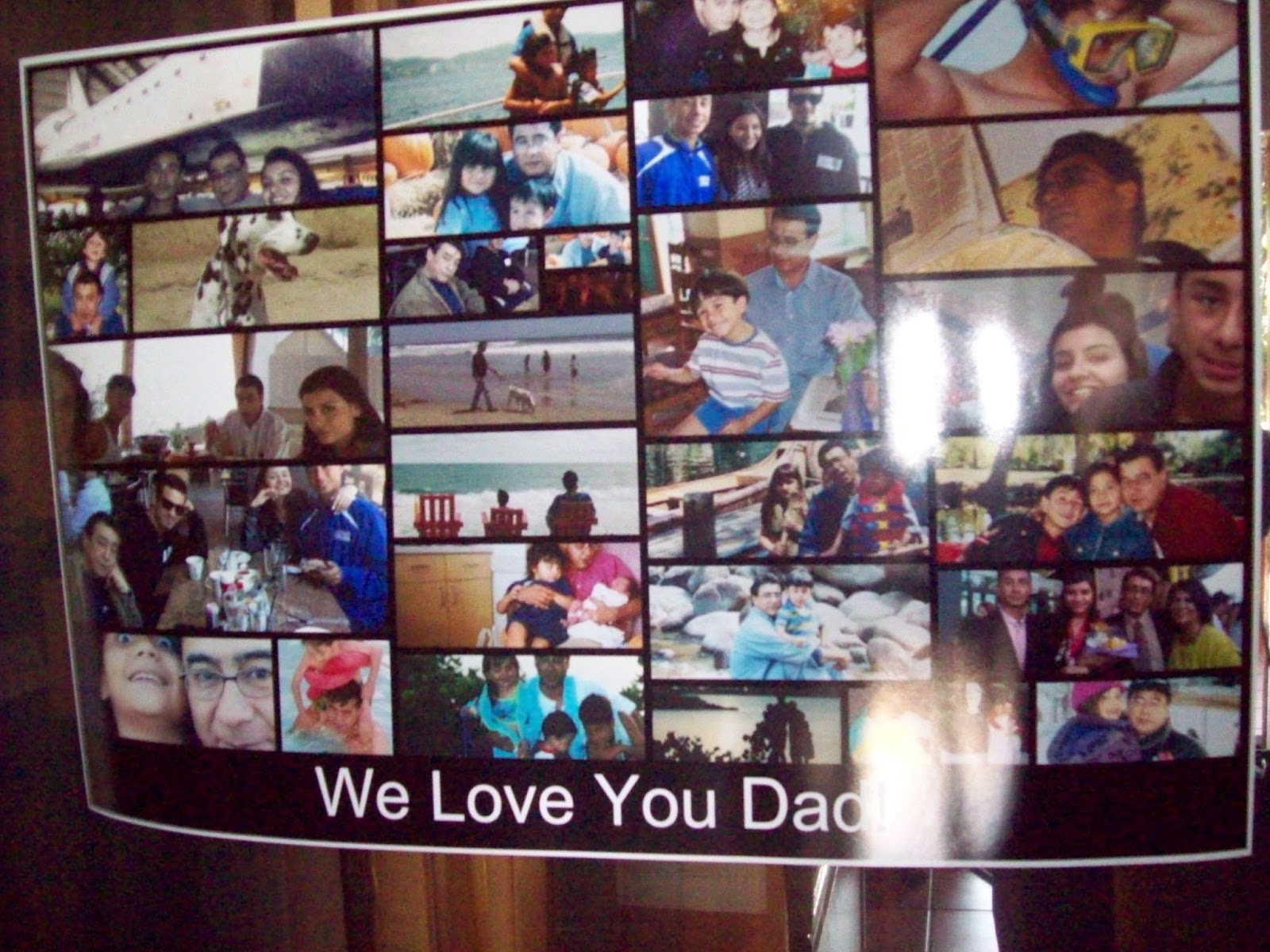Los Angeles journalist José Luis Sierra, a pioneer
in the journalism craft who promoted a brand of intelligent street-life news reporting affecting communities who mostly spoke
Spanish died last Sept.5 because of internal stomach bleeding caused by peptic
ulcers, said his brother Jorge Sierra. He was 56.
At the funeral services held at Continental Funeral
Home in East Los Angeles, Jorge said his brother began feeling sick while at
work in Spanish language MundoFox television station on Thursday, Sept. 4, and
vomited blood. He drove off to his South Pasadena home, with a crew of
co-workers closely following him. However, it was until the next day Jose Luis
decided to attend the Huntington Memorial Hospital in Pasadena to get medical
treatment.
A surgery was scheduled, but Sierra had lost about
80% of his blood doctors deemed unsafe to proceed. “He probably bled until he
passed,” Jorge said. Peptic ulcers usually develop in the small intestine or
the stomach.
“We believe he could have survived had he received
proper treatment sooner,” Jorge said.
On Sept. 9 about 350 people attended the four-hour wake, where many praised him for his unique
style of news coverage and progressive tendency to report news often ignored by
mainstream organizations.
His colleagues and reporters said José Luis Sierra
carved a footprint in the Spanish news field in Los Angeles nobody had dared to
try. He was a charismatic and courageous newsman, who started his career with the
Pacifica Radio station as news autodidact in the early 1980s.
Sierra was born in Mexico City, but as a young child he moved to live with his grandmother in the northern Mexican state of Chihuahua.
Sierra was born in Mexico City, but as a young child he moved to live with his grandmother in the northern Mexican state of Chihuahua.
At 19, he migrated from Chihuahua to San Diego,
California, where he worked as horse groomer and jockey at a ranch with his
brother Jorge. Once in California, he immersed in a self-media education, which
propelled him to get gigs in local outlets in Los Angeles. His brother said José Luis had earned an
equivalent of a bachelor’s degree in engineering in México.
But his journalistic footprint began when he landed
a job as reporter for La Opinión, in the mid-1980s. He worked as the Los
Angeles City Hall news reporter.
In addition, the range of stories he covered
included articles about fatherhood, bracero-migrant protests in downtown Los
Angeles, medical negligence cases involving day-labor workers, alternative
medicine and small business startups owned by migrants, and international trade
workshops and conferences in Greater Los Angeles.
He moved on to become the assignment editor at La
Opinión, position he held into the early 2000s.
“The Spanish-speaking communities in Los Angeles are
in constant transition. For them, we are a valuable tool of information and
education, and thorough our news coverage we encourage them to improve their
levels of life,” he once said.
He migrated to Univision network, where he also
became the assignment editor at KMET Channel 34 in Los Angeles. But that gig
was short-lived.
With the arrival of Felipe Calderon to the Mexican
presidency, Sierra became a correspondent
for New American Media on the war on drugs. From the state of Chihuahua to México
City and beyond, he wrote dozens of articles that depicted the struggles of
common people affected by the violence, and fleshed out some of the outrageous
shortsightedness the Calderón regime engaged in while combating organized
crime.
All these while receiving a miserable pay.
Read Journalist, page 2.





No hay comentarios:
Publicar un comentario